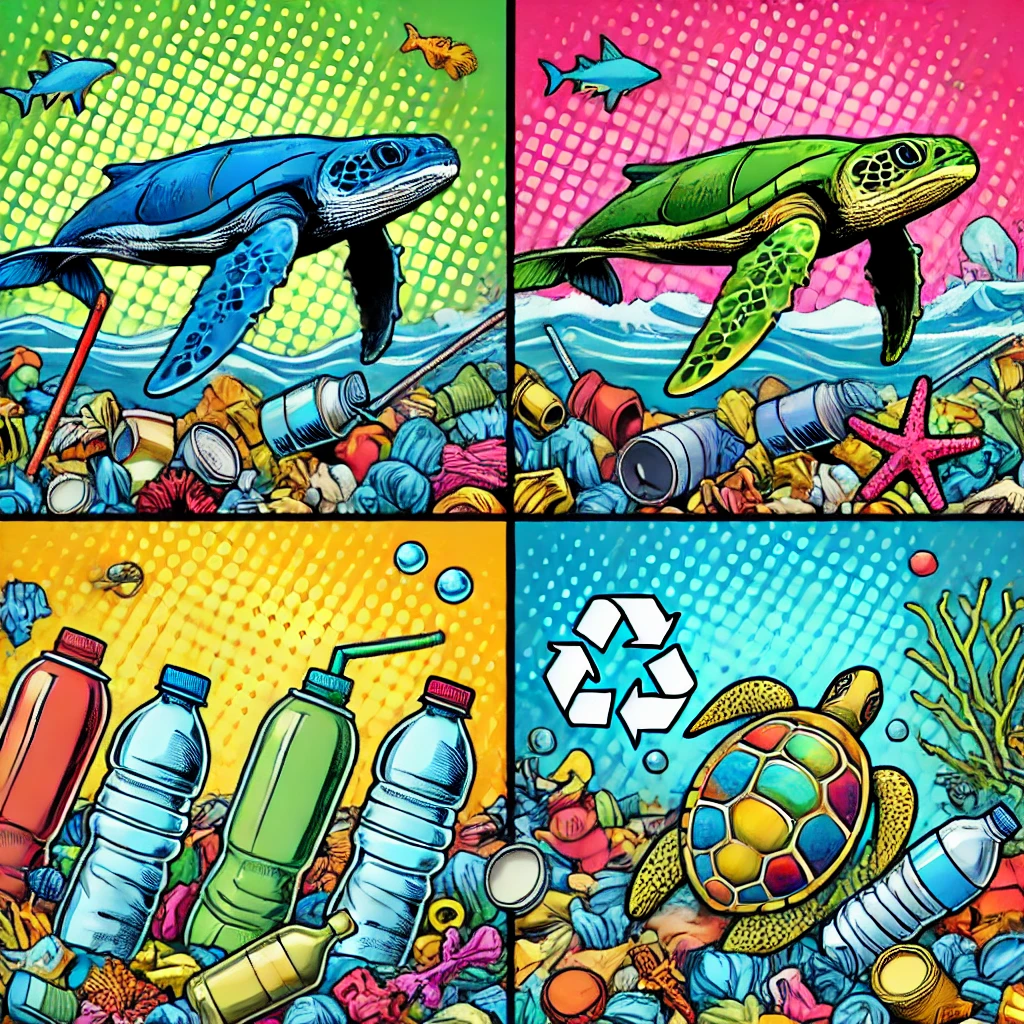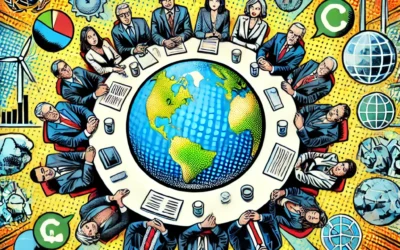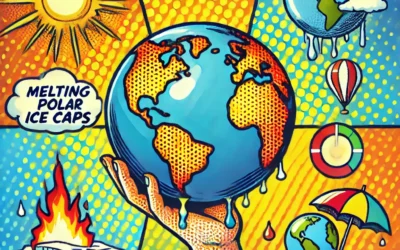Plastic pollution has emerged as one of the most pressing environmental challenges of our time. The widespread use of plastic in everyday life has led to an unprecedented amount of plastic waste, much of which ends up in our oceans, rivers, and landscapes. This article explores the causes, effects, and potential solutions to plastic pollution, highlighting the urgent need for global action to address this growing crisis.
The Causes of Plastic Pollution
Plastic pollution is primarily caused by the production, consumption, and improper disposal of plastic products. The convenience and durability of plastics have made them ubiquitous in modern society, but their resistance to degradation has also made them a significant environmental hazard.
1. Single-Use Plastics
Single-use plastics, such as straws, bags, and packaging, are among the leading contributors to plastic pollution. These items are often used for a few minutes but can persist in the environment for hundreds of years. Despite growing awareness of the issue, single-use plastics continue to be widely produced and consumed.
2. Inadequate Waste Management
In many parts of the world, inadequate waste management systems contribute significantly to pollution. Inadequate recycling infrastructure, improper disposal, and the lack of waste collection services in some regions lead to large amounts of plastic waste being released into the environment.
3. Microplastics
Microplastics, tiny plastic particles less than 5mm in size, are another major cause of pollution. These particles are shed from larger plastic items, such as bottles and bags, as they break down. Microplastics have been found in oceans, rivers, soil, and even in the air we breathe, posing a significant threat to ecosystems and human health.
The Environmental Impact of Plastic Pollution
The environmental impact of plastic pollution is vast and multifaceted, affecting wildlife, ecosystems, and human health.
1. Ocean Pollution
One of the most visible impacts of plastic pollution is the accumulation of plastic debris in the world’s oceans. It is estimated that over 8 million tons of plastic enter the ocean every year, forming massive garbage patches, such as the Great Pacific Garbage Patch. This pollution threatens marine life, as animals often mistake plastic for food, leading to ingestion and entanglement.
2. Harm to Wildlife
Wildlife is severely affected by the pollution. Birds, fish, turtles, and other animals frequently ingest plastic debris, which can lead to blockages in their digestive systems, starvation, and death. Additionally, animals can become entangled in plastic waste, leading to injury or drowning.
3. Human Health Risks
The pollution also poses risks to human health. Microplastics have been detected in drinking water, food, and even the air, raising concerns about their potential impact on human health. Studies suggest that the ingestion of microplastics could lead to chemical exposure and inflammation, although more research is needed to fully understand the risks.
Solutions to Plastic Pollution
Addressing plastic pollution requires a comprehensive approach that involves reducing plastic production, improving waste management, and promoting sustainable alternatives.
1. Reducing Plastic Use
One of the most effective ways to combat pollution is to reduce the use of plastics, particularly single-use items. This can be achieved through policies that ban or tax single-use plastics, as well as consumer choices to use reusable products. Public awareness campaigns can also play a vital role in encouraging behavioral change.
2. Improving Waste Management
Improving waste management systems is crucial for reducing it. This includes expanding recycling infrastructure, developing more efficient waste collection systems, and promoting the adoption of circular economy principles, where materials are reused and recycled rather than discarded.
3. Promoting Biodegradable Alternatives
The development and use of biodegradable alternatives to traditional plastics can also help mitigate plastic pollution. These alternatives, made from materials like plant-based polymers, break down more quickly in the environment, reducing the long-term impact of plastic waste.
4. International Cooperation
Given the global nature of it, international cooperation is essential. Governments, businesses, and organizations must work together to develop and implement policies that reduce plastic waste, protect ecosystems, and promote sustainable practices worldwide. Initiatives like the UNEP’s Plastic Pollution Prevention Handbook provide valuable frameworks for collective action.
Conclusion
Plastic pollution is a critical environmental issue that requires urgent action from individuals, communities, and governments. By understanding the causes and impacts of plastic pollution and implementing effective solutions, we can work towards a cleaner, healthier planet. Reducing plastic use, improving waste management, and promoting sustainable alternatives are key steps in addressing this global challenge.






